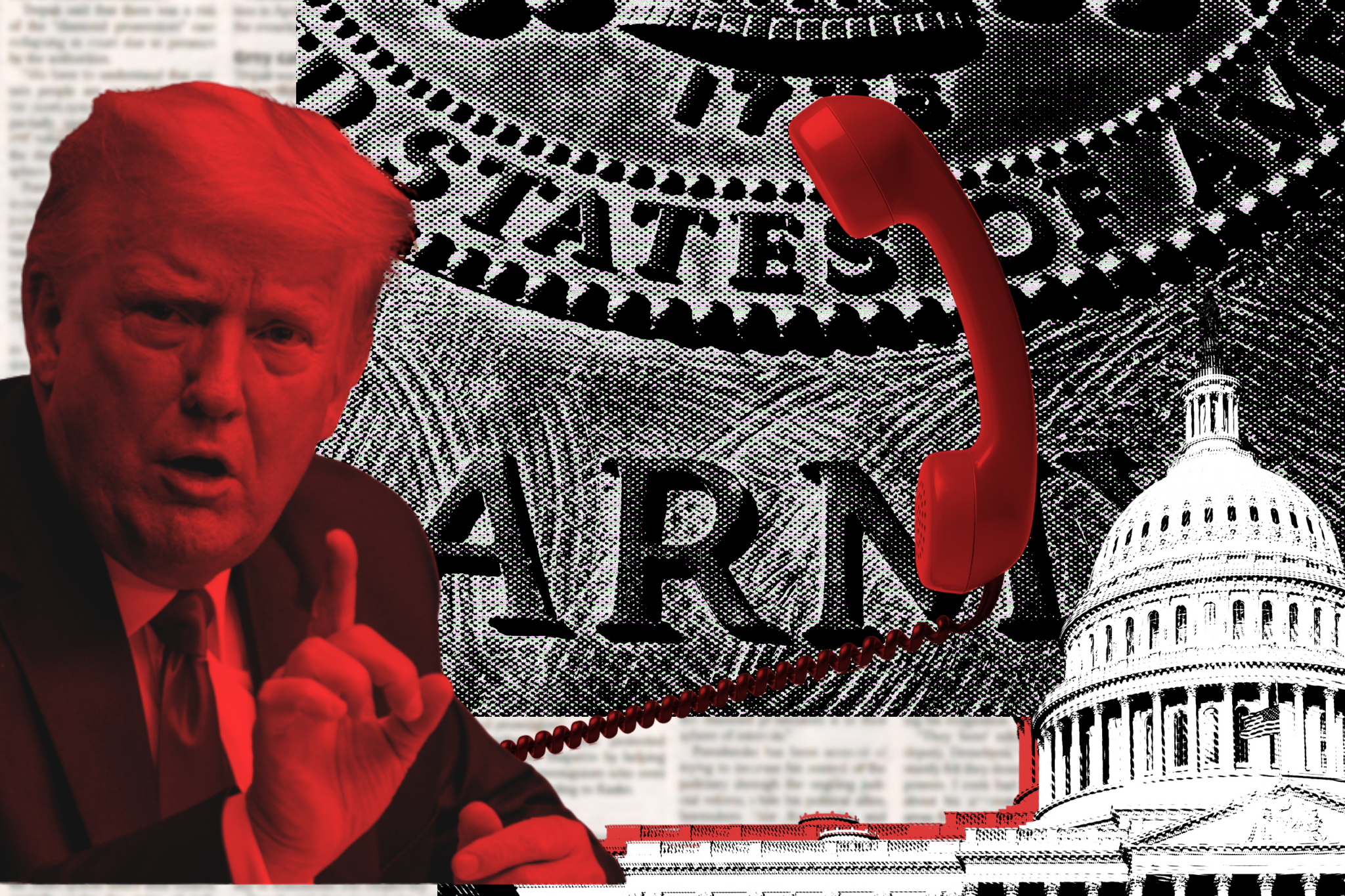Investigations Update: The Attack on the Capitol, Georgia U.S. Attorney’s Resignation, and White House Meeting with State Attorneys General
Summary: See the latest in our investigations of the violent attack on the U.S. Capitol, the resignation of U.S. Attorney Byung J. Pak, and states’ responses to the pandemic.

Questions about security continue to mount in the wake of the mob attack on the U.S. Capitol building last week that resulted in five deaths, as supporters of President Donald Trump attempted to thwart Congress’ certification of the 2020 presidential election results. Capitol Police were seemingly unprepared for the riot despite prior warnings of violence, and reports that the Trump administration initially denied requests for National Guard assistance remain troubling.
Law enforcement experts are calling the breach an exceptional national security failure, prompting the resignations of the Capitol Police chief and the House and Senate sergeants-at-arms. The House Appropriations Committee has announced plans to review law enforcement’s response, and we’ve launched our own investigation into the riots:
- Communications and Directives: We filed FOIA requests with multiple agencies for call logs and related communications, as well as any communications top officials at the Defense Department, DHS, the FBI, and the Army had with Trump or with Vice President Mike Pence.
- Threat Analyses: While some law enforcement officials have claimed there was no intelligence that the Capitol would be breached, plans for the protest were made openly and with strong indication that it could turn violent. We asked several agencies for records reflecting any analyses or reports about the threat of militias or domestic terrorists prepared in advance of the election certification.
- National Guard Limitations: The Washington Post reported that the Defense Department placed limitations on the National Guard ahead of the Trump protests following a request from the mayor of Washington, DC., such as prohibiting officers from receiving riot gear and interacting with protesters except in self-defense. We sent FOIAs to several agencies for memos regarding those limitations.
U.S. Attorney Resignation Ahead of Georgia Senate Runoff
On Jan. 4, Byung J. Pak announced his immediate resignation from his role as U.S. attorney for the Northern District of Georgia, departing weeks earlier than initially anticipated. In appointing a replacement, Trump unexpectedly bypassed a top career prosecutor in favor of Bobby Christine, the current U.S. attorney for the Southern District of Georgia, who will hold both roles simultaneously. News reports suggest that Pak was pushed out of his position by the Trump administration ahead of the Georgia Senate runoffs over his approach to investigating voter fraud. His resignation took place just days after it came to light that Trump had pressured Georgia Secretary of State Brad Raffensperger to “find 11,780 votes” that would overturn the state’s election results. We filed FOIA requests with the Justice Department for records and communications regarding Pak’s resignation and Christine’s appointment.
State Attorneys General White House Meeting
According to reporting by Forbes, on Dec. 9, Trump scheduled a lunch meeting with a group of Republican state attorneys general, each supportive of Trump’s efforts to overturn the election. Texas Attorney General Ken Paxton — who was, at the time, leading the Texas lawsuit alleging voter fraud in four states where Biden had been declared the winner — and Kentucky Attorney General Daniel Cameron were among those who had been expected to attend. We sent records requests to the attorney general offices in Texas and Kentucky for records regarding the meeting.
Presidential Debate Coronavirus Outbreak
Last fall, Case Western Reserve University and the Cleveland Clinic hosted the first 2020 presidential debate. At the event, numerous attendees ignored the requirement to wear face masks. A few days later, it was announced that Trump and First Lady Melania Trump had tested positive for Covid-19 and news broke that 11 people had contracted the virus in connection with working on preparations for the debate. We submitted records requests with the Ohio Department of Health and the Cleveland Department of Public Health for copies of any risk assessments regarding the potential spread of the coronavirus that were prepared before the debate. Separately, we filed records requests in Idaho, North Dakota, and Wyoming for assessments concerning mask mandates and the spread of Covid-19.